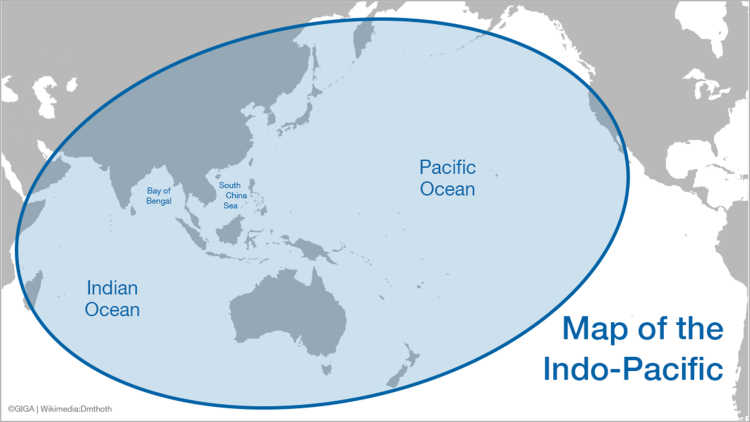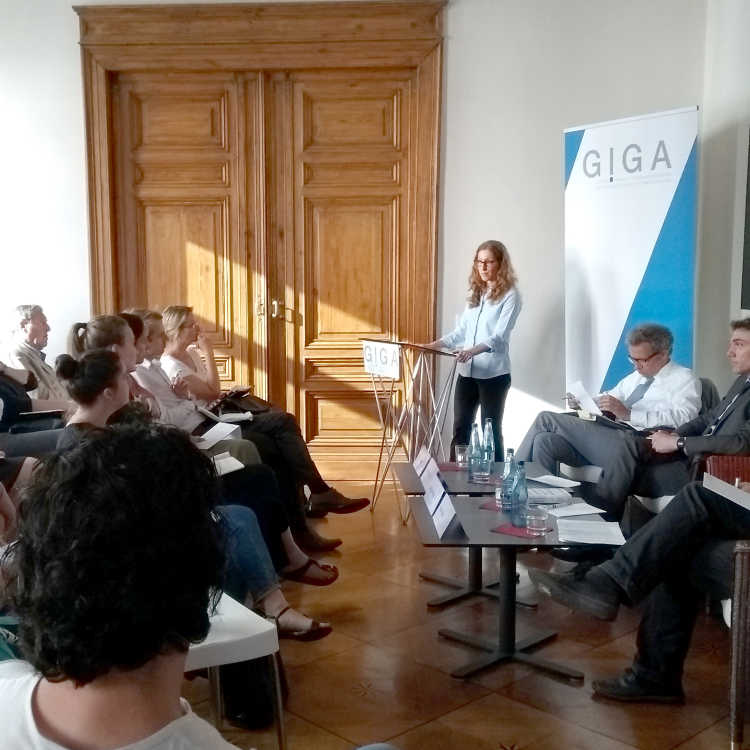- Startseite
- Veranstaltungen

Veranstaltungen
In seinen Veranstaltungsreihen präsentiert das GIGA regelmäßig Forschungsergebnisse und diskutiert sowohl über globale Entwicklungen als auch Entwicklungen in den Regionen Afrika, Asien, Lateinamerika und Nahost.
Highlights
Alle GIGA-Veranstaltungen
Aktuelle Erkenntnisse und differenzierte Analysen des Weltgeschehens teilt das GIGA mit Politik, Medien und Öffentlichkeit. In verschiedenen Veranstaltungsformaten pflegt das GIGA den Austausch mit international führenden Wissenschaftler:innen, Politik, Wirtschaft und der breiten Öffentlichkeit.





























